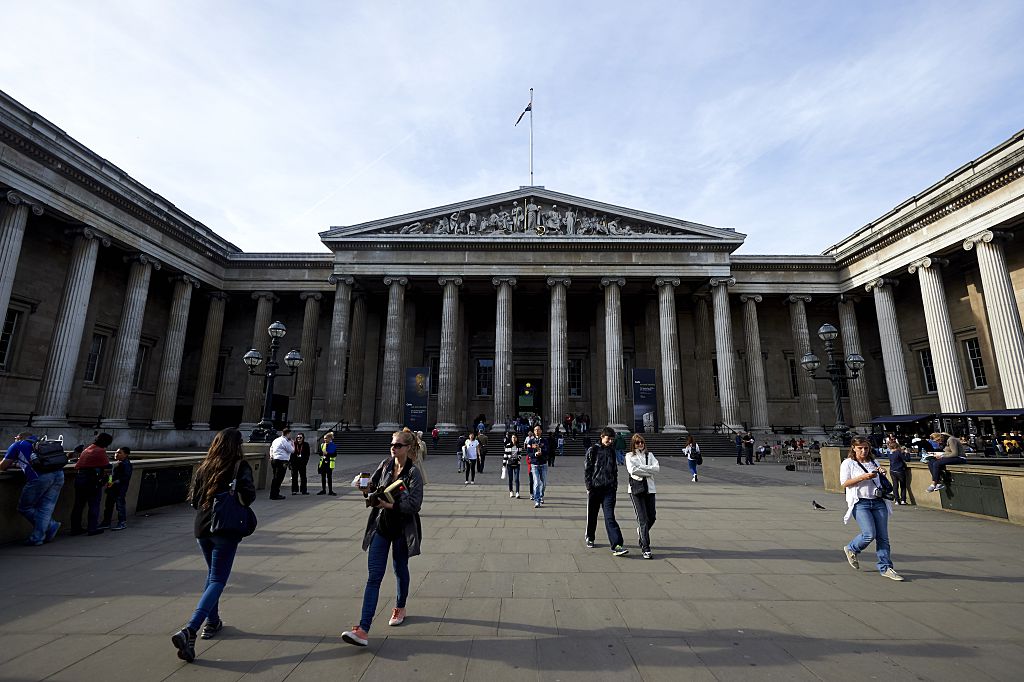
England is looking for someone to write the book about how to return artifacts that were looted during the colonial era.
Arts Council England, the UK’s state-funded organization dedicated to promoting the arts, is offering a contract for someone to develop “guidance on restitution and repatriation for UK museums.” The move follows similar efforts by other European countries, including France, which commissioned an ambitious report on the permanent repatriation of African heritage in 2018, and Germany, which passed a “joint declaration on the handling of colonial collections” last March.
“Restitution and repatriation of objects in museum collections is an area of increasing focus and debate across the UK and international museum sector,” the posting for the contract reads, noting that there’s been “increasing calls for action” across the country to “address this agenda.”
“This is particularly, although not exclusively, focused on objects in Western museums acquired by European nations from former colonies, and links to wider agendas around decolonizing museums. There is significant government, public, and press interest and increasing calls for action by UK museums and sector bodies to address this agenda,” it says, adding that the last guide on this issue in the UK, published in 2000 by the Museums and Galleries Commission, is now both out of print and virtually inapplicable in the current sociopolitical landscape.
The Great Court at the British Museum. Image courtesy of Wikimedia Commons.
Applications for the job, which pays £42,000 ($55,000) are open now through January 31, with a start date of February 24. The chosen contractor will be tasked with analyzing previous research on the matter and consulting with museum leaders and cultural experts across the UK.
Though similar in intention, there is still a question over whether England’s effort to address ongoing calls for the repatriation of stolen artifacts will meet the bar set by France and Germany, each of which devoted significant government resources and even more time to developing their own guidelines. Yet in those cases, too, it remains to be seen how much action really results from such reports.